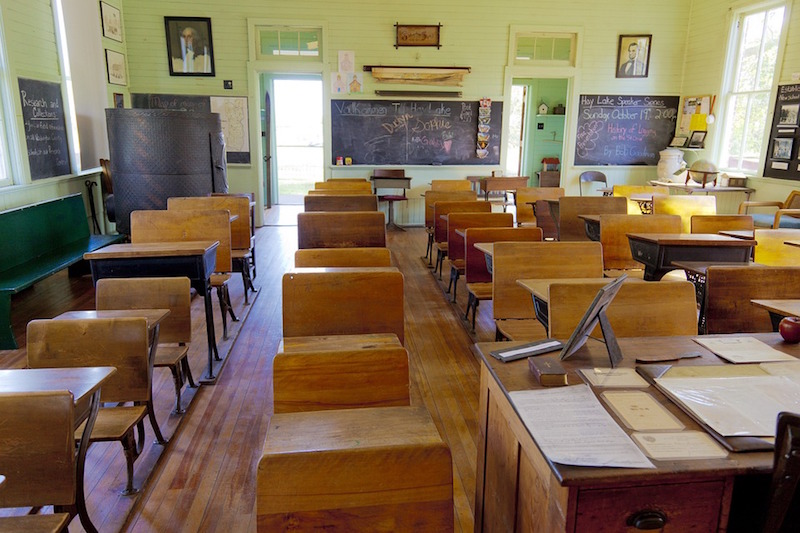The U.S. Department of Energy recently launched the zero energy schools accelerator, an effort to develop cost-competitive zero energy school design.
Six school districts, two states, and several national organizations are working collaboratively on the effort. DOE defines a zero energy building as “an energy-efficient building, where on a source energy basis, the actual delivered energy is less than or equal to the onsite renewable exported energy.”
The program’s goal is to quickly make Zero Energy K-12 schools more mainstream. Participating school districts commit to developing their own zero energy plans for a district project within a year. They can also engage with fellow states and school districts, and gain support from regional and national organizations.
Officials kicked off the program at a school in Arlington, Va., that features advanced next generation energy efficiency and renewable power features, including solar rooftop and geothermal heating and cooling systems. Zero Energy schools have the potential to save 65%-to-80% in energy consumption, depending on climate the zone, DoE says.
Related Stories
Codes and Standards | Dec 9, 2020
Newly formed Rainscreen Association aims to be recognized authority on rainscreen assemblies
Will address innovations in material performance and building designs.
Codes and Standards | Dec 9, 2020
Investors want building resiliency plans and risk mitigation practices
Owners should assess risk, insurance coverage, and ability to withstand disasters.
Codes and Standards | Dec 4, 2020
OSHA cites more than 200 employers for COVID-19 violations
Agency releases guidance on lessons learned from pandemic inspections.
Codes and Standards | Dec 1, 2020
Pandemic spurs nearly 16 million people to move from major cities
Most of the movement seems permanent.
Codes and Standards | Nov 30, 2020
USGBC ready to catalyze LEED Positive future
New programs, updates will spur shift to regenerative strategies.
Codes and Standards | Nov 30, 2020
Updated spec for self-adhering flashing surrounding exterior fenestration products released
FGIA document was last updated in 2013.
Codes and Standards | Nov 30, 2020
Finalized 2021 Energy Code leaves out future-proofing provision
Appeals process nixed requirement for residential electrification readiness.
Codes and Standards | Nov 23, 2020
GBCI turns over GRESB ownership to global investment firm
Organization assesses sustainability performance of real estate and infrastructure portfolios and assets.
Codes and Standards | Nov 23, 2020
New industrywide clay brick EPD launched
Contributes toward LEED v.4.0 and v.4.1 materials and resources requirements.
Codes and Standards | Nov 19, 2020
The ‘15-minute city’ could transform municipal planning
Concept aims for car-free living.

















